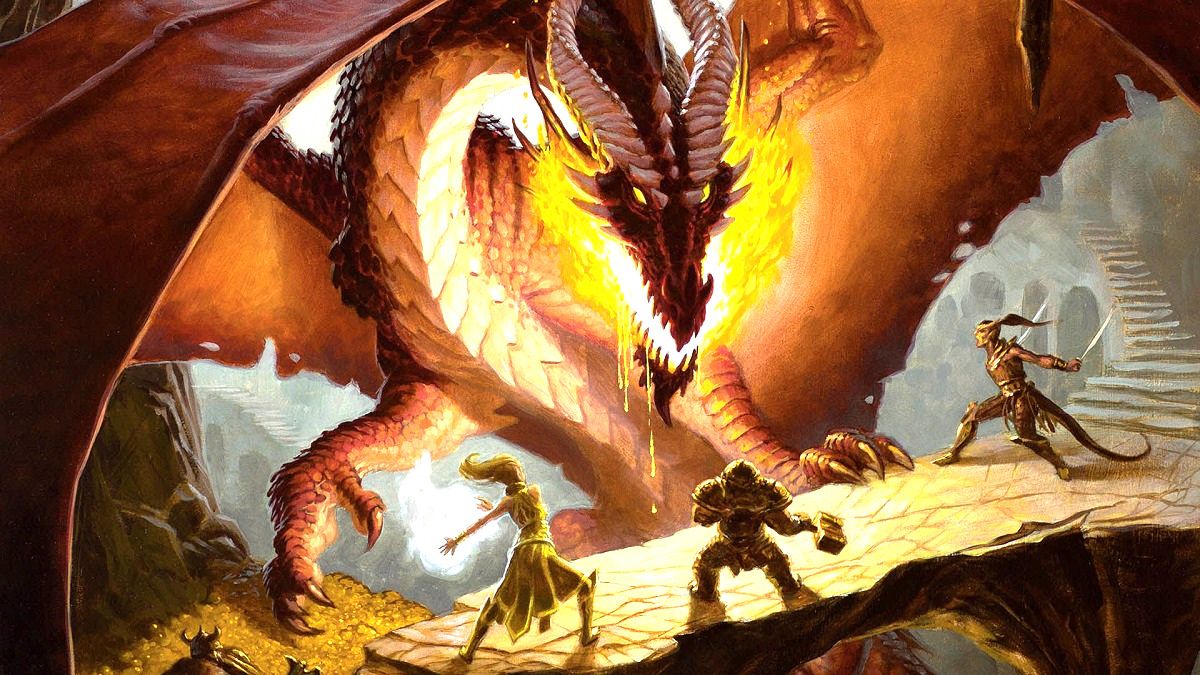Dungeons & Dragons has introduced a handful of classes for players to choose from. Whether you want to be a powerful spellcaster or just a support player, there are countless options to choose from based on your own playstyle, as well as the option of creating homebrew classes if the DM accepts.
While there is a debate amongst players that some are better than others, it is important to know that everyone’s D&D experience will be different from one another. What might be terrible to you might be great for another person, and vice versa. So, after looking through all the official classes that Dungeons & Dragons has to offer, here are five of the best classes, ranked.
5. Clerics
Clerics may not be the best for some players, but they are pretty important regardless. This class is tied to religion and healing, but depending on the player, this could do more than just that. Clerics can revive the deceased, or pull off a Moses and start a plague. Clerics can also summon the elements, curse people, or make someone look like they’re dead. Overall, they’re pretty dangerous if you know how to play them outside of the support role.
4. Artificer
Artificers are the newest class that was introduced in D&D, and are seen as inventors. The spells they cast are seen as inventions rather than something that magically emerges from their fingers or surroundings. For example, if you were to cast “fly,” just say you’re wearing a jetpack. While it’s still fairly new with not a lot to offer compared to the other existing classes, it does allow the player to be creative and think outside the box. At the same time, try something new when it comes to playing spellcasters.
3. Rogue
Rogues are sneaky and tend to have very edgy backstories (depending on the player). This is the class for you if you’re someone who does not like to take damage, since it has four different passive abilities that can easily help you dodge attacks and area effects. They’re like ninjas depending on how you play them. Let’s just hope you enjoy math, because you’re going to need a lot of dice, especially for all those sneak attacks and ability saves.
2. Paladin
What makes Paladin great is that they’re like a jack of all trades in D&D. Need to be the support player, despite playing an offensive or defensive character for quite a while? Then paladin is the right class for you. Players can still be able to kick butt, while remaining capable of healing their teammates when need be.
However, there is one more reason why paladins tend to be used by players, and the word is Smite. Paladins have a special ability called “Divine Smite” where players could roll for extra damage for every melee attack. Also, they can do extra attacks during combat, so this is a class that players shouldn’t underestimate.
It is also important to know that Paladins are pretty cool to roleplay due to the oaths that they’re tied to. Meaning, your character needs to act or do certain things in order to fulfill them. This makes things interesting, both roleplay and combat-wise.
1. Wizard
There is an inside joke in the D&D community that “magic can solve everything,” and this was somewhat mentioned in Dungeons & Dragons: Honor Among Thieves. It seems like whenever more companion and adventure books are released, the wizard tends to be the class that receives the most improvement. Even spells like “fireball” stayed the way they are and are seen as the most powerful third level spell in the game due to D&D‘s history. While one can build a balanced wizard for a fun and engaging experience, building a chaotic and magic-hungry spellcaster is also on the table, as long as the DM is cool with it.
Dungeons & Dragons offers different options for players when it comes to building their characters and playing the game. While some classes are deemed as cool or powerful, just note that people play the game very differently. What might not be great for you might be the exact opposite for someone else. There are different options to choose from, but hopefully, the ones listed here provide some insight into some classes that might be beneficial to your next campaign.
Related: A Beginner’s Guide to the World of ‘Dungeons & Dragons’ on The Mary Sue
